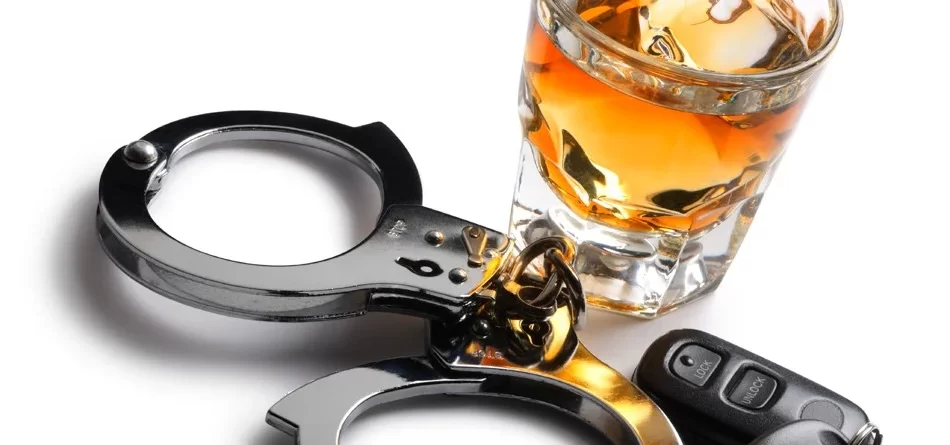How Could California Marijuana Legalization Change DUI Stops?

As you already know, recreational marijuana was recently legalized in California. Law enforcement agencies have expressed concern that legalization will lead to more instances of impaired driving. However, there is no state law that defines what qualifies as “impaired” for a marijuana DUI.
In California and other states, you must have a blood alcohol concentration (BAC) of .08 or more to be charged with a DUI (over 21 years old). No such threshold exists for marijuana. In addition, the psychoactive ingredient in marijuana (THC) can stay in your system for weeks or days. A person could be pulled over while sober but could test positive for marijuana they had smoked days or even weeks ago. Furthermore, no such threshold for marijuana impairment has been determined.
California law enforcement officers are developing new ways to catch people who are under suspicion of driving while high on marijuana. Possible changes, some of which have been implemented, include but are not limited to:
- Increased use of drug recognition experts. These are law enforcement officials who undergo specialized training to recognize drug intoxication. The California Highway Patrol (CHP) recently announced they are hiring additional drug recognition experts. In addition, CHP has launched an independent study to learn more about how marijuana impairs drivers.
- Saliva swab tests. Some California police departments have field-tested advanced saliva swab tests. Officers in San Diego have used the Dräger DrugTest 5000 to detect the presence of up to seven drugs. Like many tests for marijuana, saliva swab tests cannot determine impairment.
- Marijuana breathalyzer. We recently published a blog on the “marijuana breathalyzer”. These devices would function in a similar way to alcohol breathalyzers. However, the devices have only been field tested and are not currently in use.
- Continued use of field sobriety tests. Officers may use the classic three-part, NHTSA-sponsored field sobriety tests. These are the tests where you must walk a certain number of paces heel-to-toe in a straight line, follow an object with your eyes or stand on one leg and count. You are not required by law to take these tests.
- Continued use of blood and urine tests. While not necessarily a change, officers will likely continue to use blood and urine samples in conjunction with other types of tests. However, the officers must have demonstrated probable cause for an arrest to carry out these tests.
Arrested for a Marijuana DUI? Call Our Hayward Marijuana DUI Lawyer
Hayward DUI lawyer Louis J. Goodman has decades of experience practicing criminal defense law. Before establishing his practice, Louis. J Goodman served as a former Deputy District Attorney. If you have questions about your legal rights after a DUI arrest, then you have come to the right place. We charge nothing for an office or phone consultation.’
Request A Free Case Evaluation
Fields marked with an * are required
"*" indicates required fields



